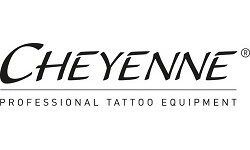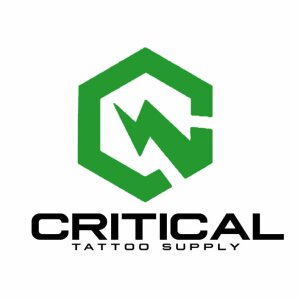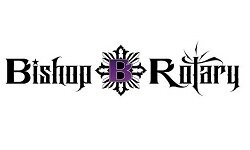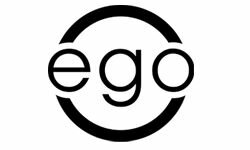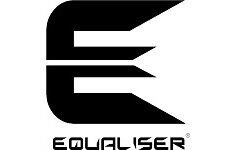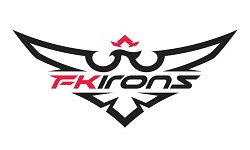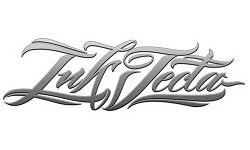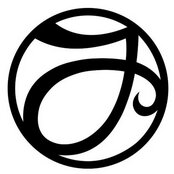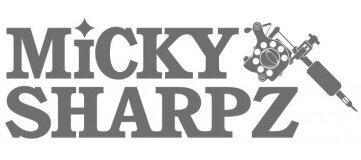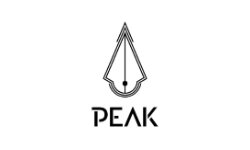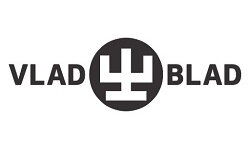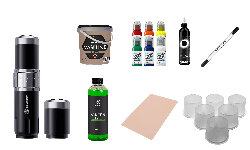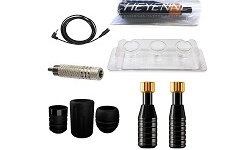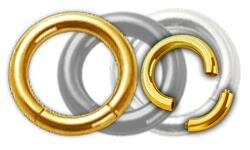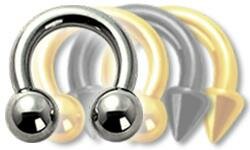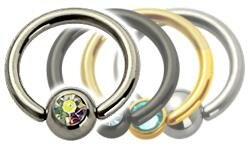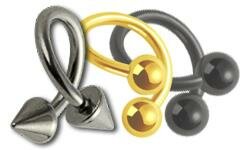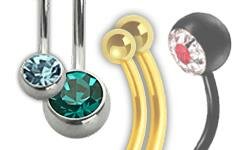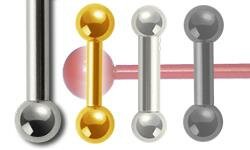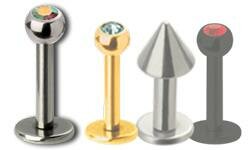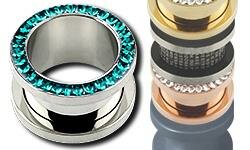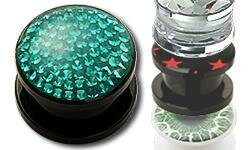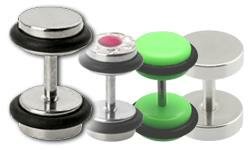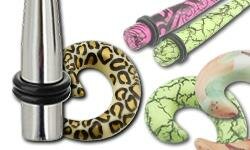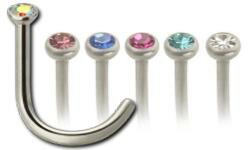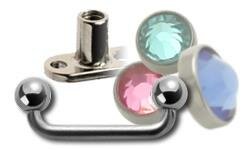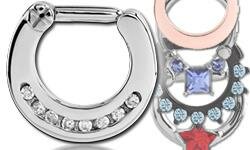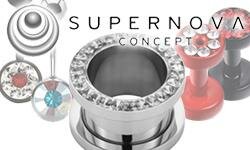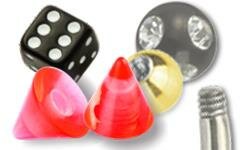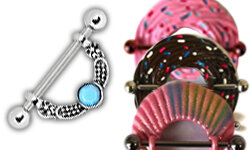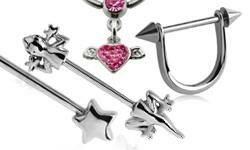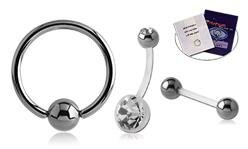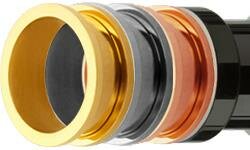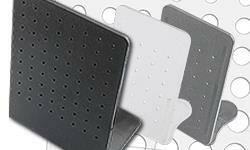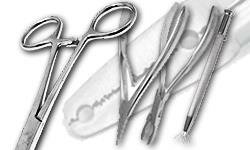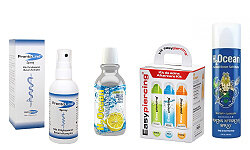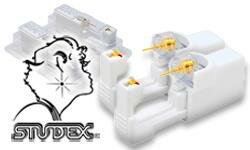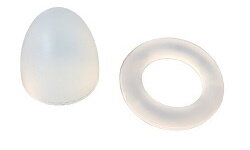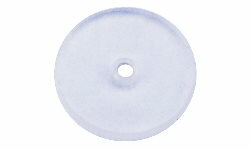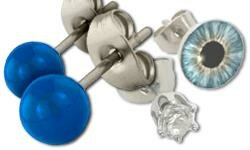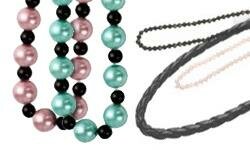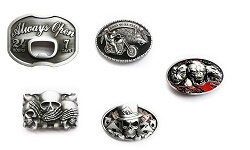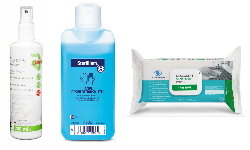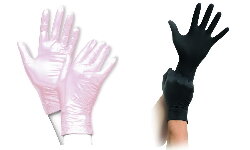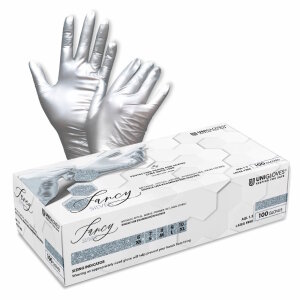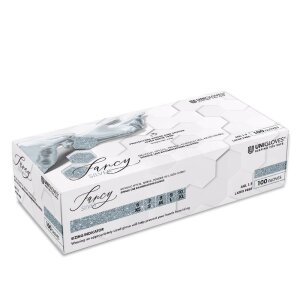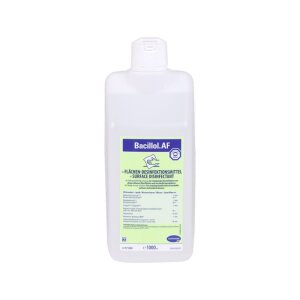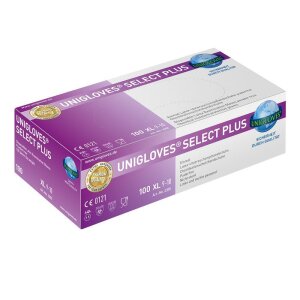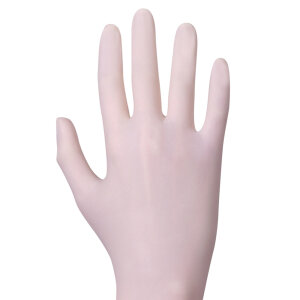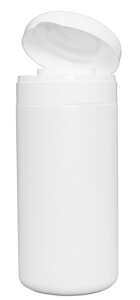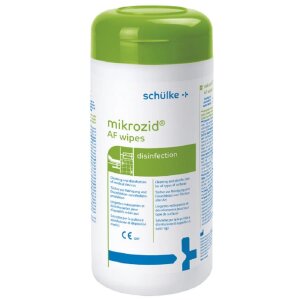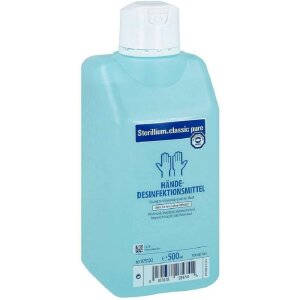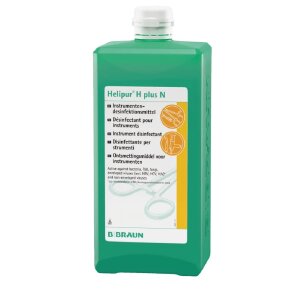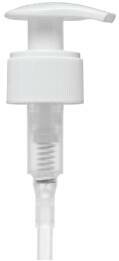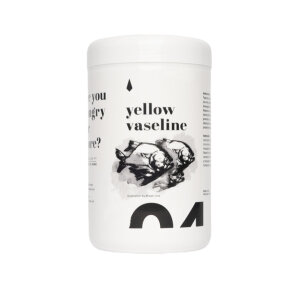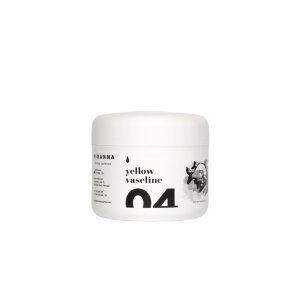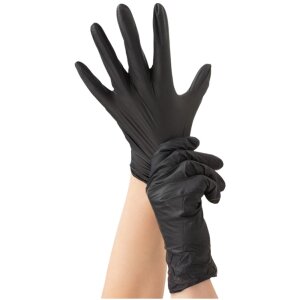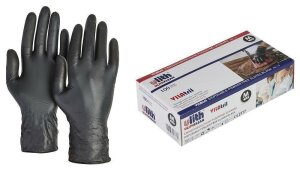Hygiene is a crucial aspect in the world of Permanent Makeup (PMU), as it involves invasive procedures that penetrate the skin barrier. Adhering to strict hygiene standards is not only a legal requirement but also essential to minimize the risk of infections and cross-contamination. A PMU artist must implement various hygiene measures in their studio to ensure client safety and maintain the integrity of the artistic process.
Basic Hygiene Regulations in a PMU Studio
Clean Working Environment
- Surface Cleaning: All work surfaces must be regularly cleaned and disinfected. This includes treatment beds, countertops, and all equipment surfaces.
- Air Quality: Good ventilation is important to prevent the accumulation of germs in the air.
- Regular Disinfection: Use of medical-grade disinfectants for all non-disposable tools and surfaces.
Personal Hygiene of the Artist
- Hand Hygiene: Regular and thorough hand washing, as well as the use of disposable gloves.
- Protective Clothing: Wearing protective clothing like masks and, if necessary, face shields to prevent the transmission of germs.
- No Cross-Contamination: Avoiding contact with non-sterile surfaces during treatment.
Sterilization and Disposable Materials
- Needles and Devices: Use of disposable needles and, where possible, disposable devices. Reusable devices must be sterilized after each use.
- Pigment Containers: Use of disposable pigment containers or rings to prevent cross-contamination.
- Sterilization Equipment: Use of autoclaves or other medical-grade sterilization equipment for reusable gear.
Handling of Pigments
- Pigment Storage: Pigments should be stored safely and used only in the prescribed manner.
- No Cross-Contamination: Avoid using the same pigment container for different clients.
Client-Related Hygiene Measures
- Preparation of the Treatment Area: Cleaning and disinfecting the skin before the procedure.
- Education and Aftercare: Informing clients about proper aftercare to avoid infections.
Additional Hygiene Measures
- Regular Training: PMU artists should regularly participate in training on hygiene standards and practices.
- Guidelines for Clients: Implementing policies for clients, e.g., no treatment on open wounds or skin infections.
- Waste Disposal: Safe and hygienic disposal of disposable materials.
Conclusion
In a PMU studio, hygiene is of utmost importance. Strict adherence to hygiene standards protects both clients and artists from health risks. A PMU artist must work hygienically in all aspects of the treatment, from preparation through the actual procedure to aftercare. This ensures that the permanent makeup is not only aesthetically pleasing but also safe.

 Black
Black White
White Grey
Grey Brown
Brown Red
Red Yellow
Yellow Pink
Pink Skin Tones
Skin Tones Orange
Orange Violet
Violet Green
Green Blue
Blue